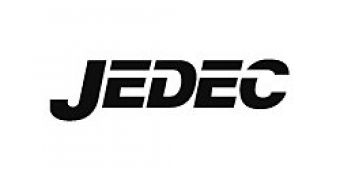DRAM memory is practically the type of memory that ends up in every sort of systems, whether personal computer or enterprise application, but it seems different sorts of modules may soon become standard.
Memory products are the sort of hardware device that can be seen as highly specialized, as they perform a single activity, more or less.
There are, however, such things as hybrid memory modules, which utilize multiple memory types, intent on merging their benefits for the good of all.
Such products aren't really widespread right now, but the JEDEC Solid State Association has taken it upon itself to develop a standard for hybrid modules.
To this end, a new subcommittee has been created, the JC-45 Committee for DRAM Modules to be exact, set to convene for the first time in Munich, Germany on February 28, 2011.
“The new hybrid modules activity in JC-45 is part of an ongoing effort within JEDEC to extend memory technologies to meet the industry’s need for innovative solutions that will meet future demands,” said John Kelly, JEDEC President.
“I am pleased to welcome all interested companies to participate in the development of open industry standards within JEDEC to help enable and grow the market for these types of modules.”
“I am optimistic about the potential benefits of hybrid modules,” said Chris Socci, Chairman of the new JC-45.6 Subcommittee.
“For example, modules with a DRAM interface that also incorporate the non-volatile characteristics of NAND flash could provide new options for data security in a variety of storage and backup systems in the event of power loss,” he added.
“This new family of modules has the potential to help entire segments of the market ‘go green’ by reducing the need for batteries, and may one day extend to all applications that demand memory.”
PNY Technologies, Inc. and Cypress Semiconductor will lead the newly formed committee.

 14 DAY TRIAL //
14 DAY TRIAL //